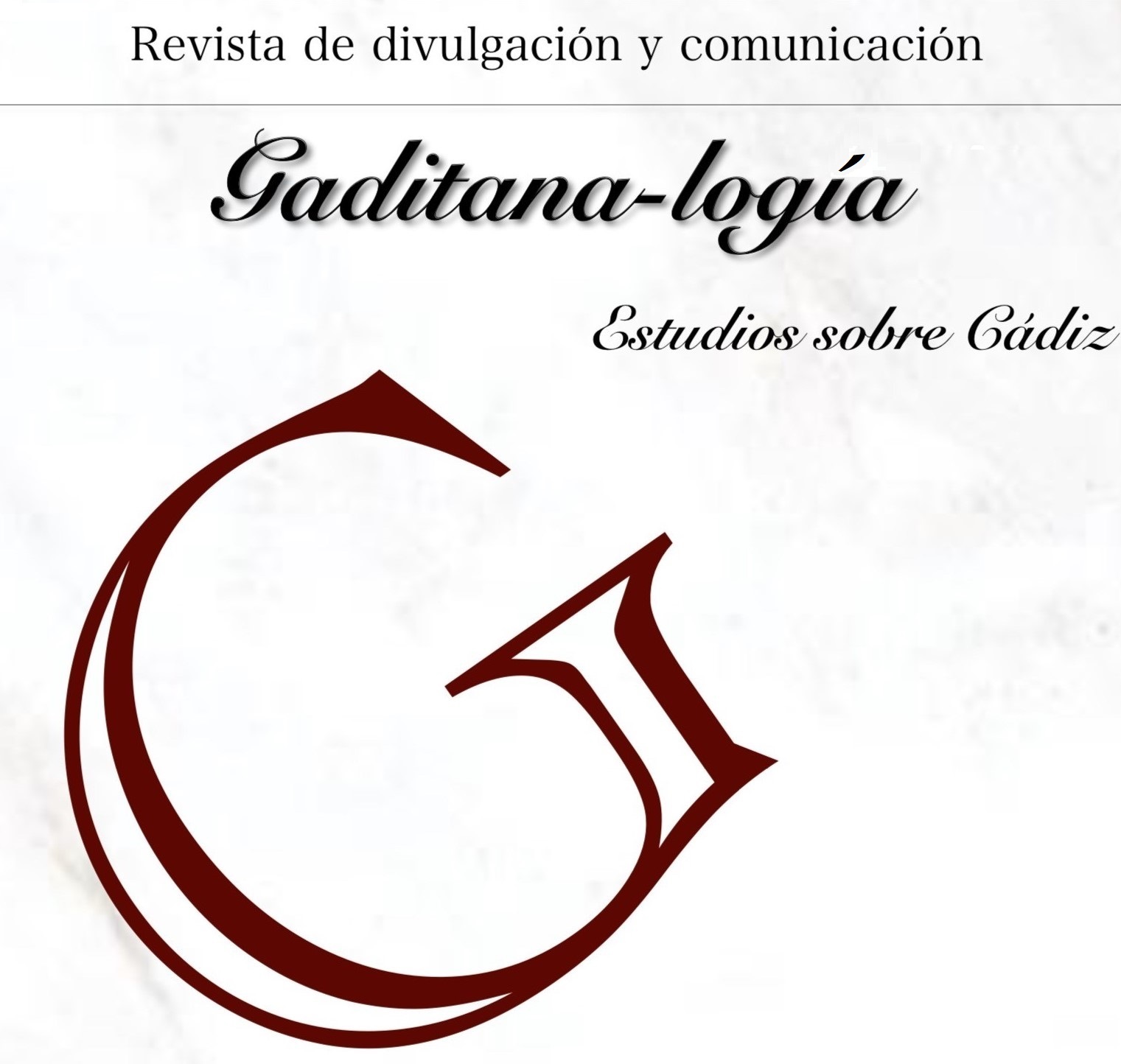Español
Abstract
Under the pretext of remembering, that is, of reliving, the self-narrative becomes the ideal pretext for talking about the carnival of Cádiz. In this sense, we opt for the loa as a discourse, incomplete, where we weave praises to the many qualities that this festival has and is attributed to it. Nevertheless, it is an outburst of imagination and joy that invades the spirit of locals and strangers alike. For ten days the city also dresses up and hosts an infinite number of creative and gastronomic events. Traces are traced through feigned itineraries, in the carnival nothing is what it seems. This is why the disguise is the most appropriate attire and the two blushes the way to mask oneself. The praise of a person who, without being from Cádiz, makes his own particular immersion and does not hide his predilections.
Keywords
Downloads
How to Cite
License
Copyright (c) 2021 Gaditana-logía

This work is licensed under a Creative Commons Attribution-NonCommercial-NoDerivatives 4.0 International License.
References
Bautista, C. (2021). Así sonó el 'Credo' de Juan Carlos Aragón en Sevilla. ABC Sevilla, 3/11/201. https://sevilla.abc.es/sevilla/sevi-sono-credo-juan-carlos-aragon-sevilla-202111031227_noticia.html#disqus_thread
Bernal, D. (2008). Gades y su bahía en la antigüedad, reflexiones geoarqueológicas y asignaturas pendientes. Revista Atlántica-Mediterránea de Prehistoria y Arqueología Social, 10, 267-308.
Davis, F. (2010). La comunicación no verbal. Alianza.
Eisenstein, S. (1982). Cinematismo. Domingo Cortizo Editor.
Fernán Gómez, F. (2003). El viaje a ninguna parte. Cátedra.
Garcían, B. (2003). Oráculo manual y arte de prudencia. El Cid editor.
Gramsci, A. (1971). El materialismo histórico y la filosofía de Benedetto Croce. Nueva Visión.
Lledó, E. (2010). El concepto "Poíesis" en la filosofía griega: Heráclito, Sofistas, Platón. Dykinson.
López de Ayala, I. (1785). El Sacrosanto y Ecuménico Concilio de Trento. Imprenta Real.
Marqués, N. (2020). ¡Que los dioses nos ayuden! Religiones, ritos y supersticiones de la antigua Roma. Espasa.
Noydens, B. R. (1666). Historia moral del dios Momo: enseñanza de príncipes y subditos y libros destierro de novelas y libros de caballería. Gregorio Rodríguez.
Papa Francisco (2020). Credo: una conversación con Marco Pozza. Libreria Editrice Vaticana.
Salguero, M. (2020). Caminito del Falla 2: Veneno y fanáticos. Editorial Letra Minúscula
Süskind, P. (2008). El Perfume. Historia de un asesino. Seix Barral.
Szczeklik, A. (2010). Catarsis. Sobre el poder curativo de la naturaleza y del arte. Acantilado.
Villalobos, L. (2020). Eterno febrero. ExLibric






